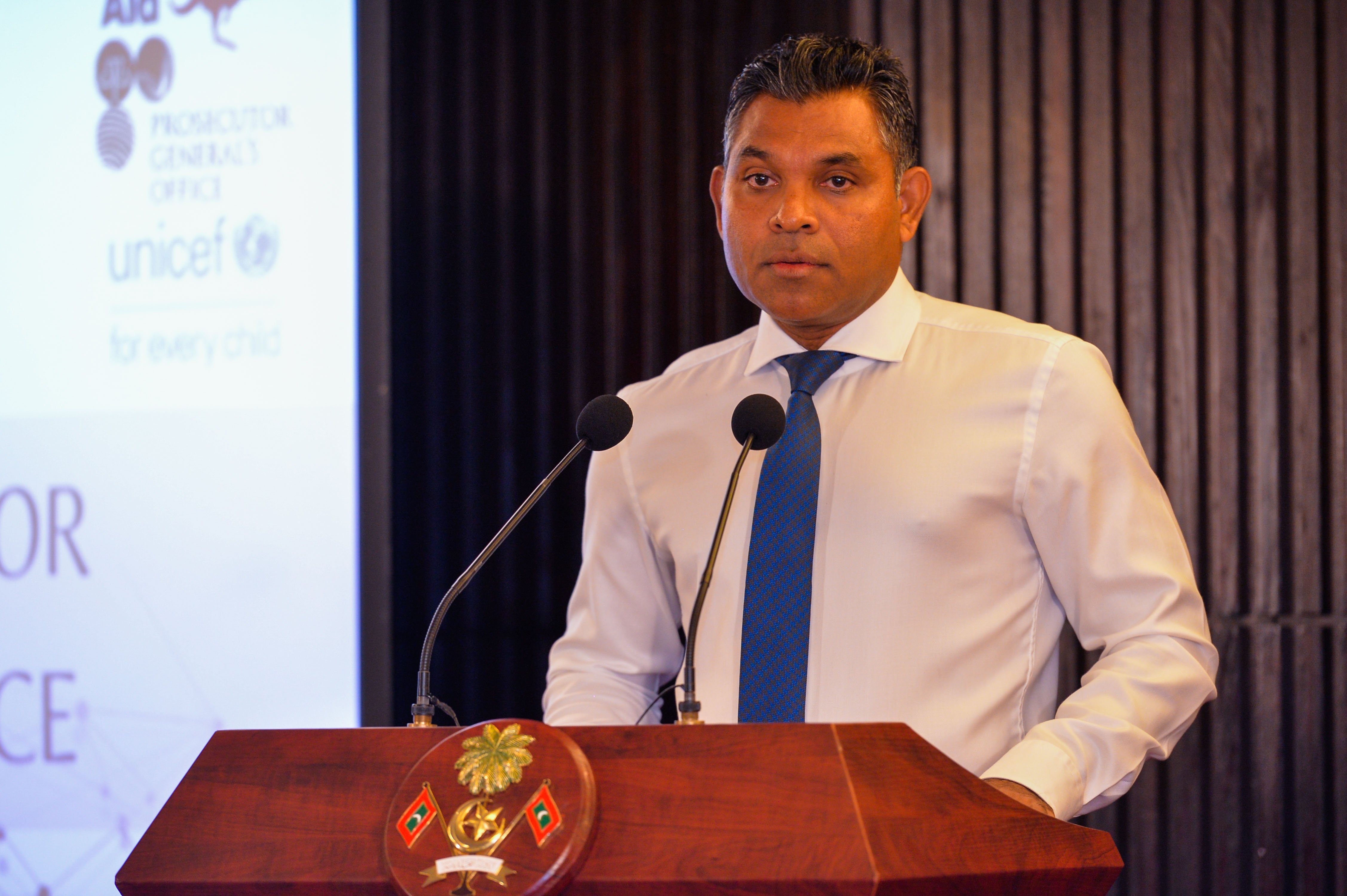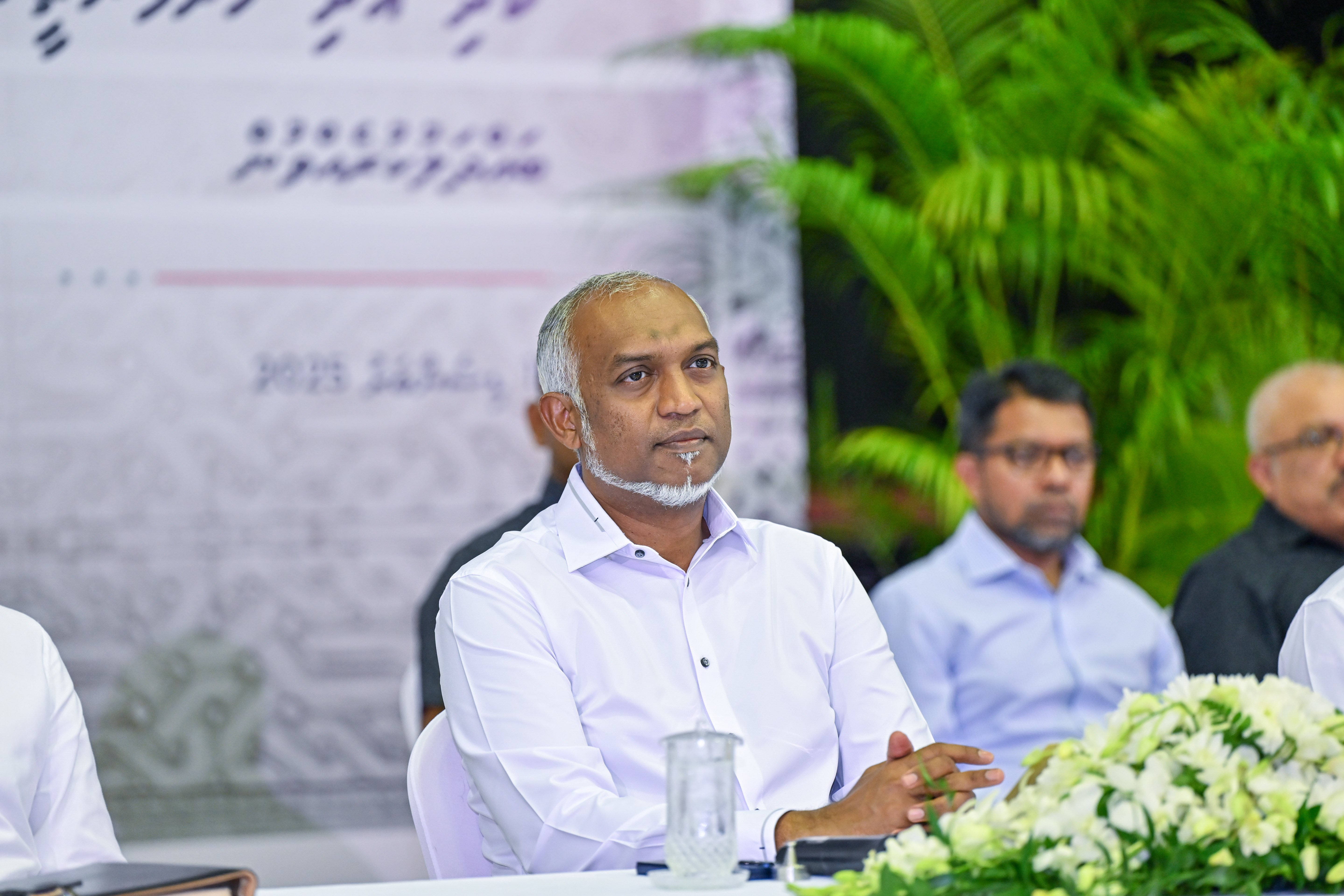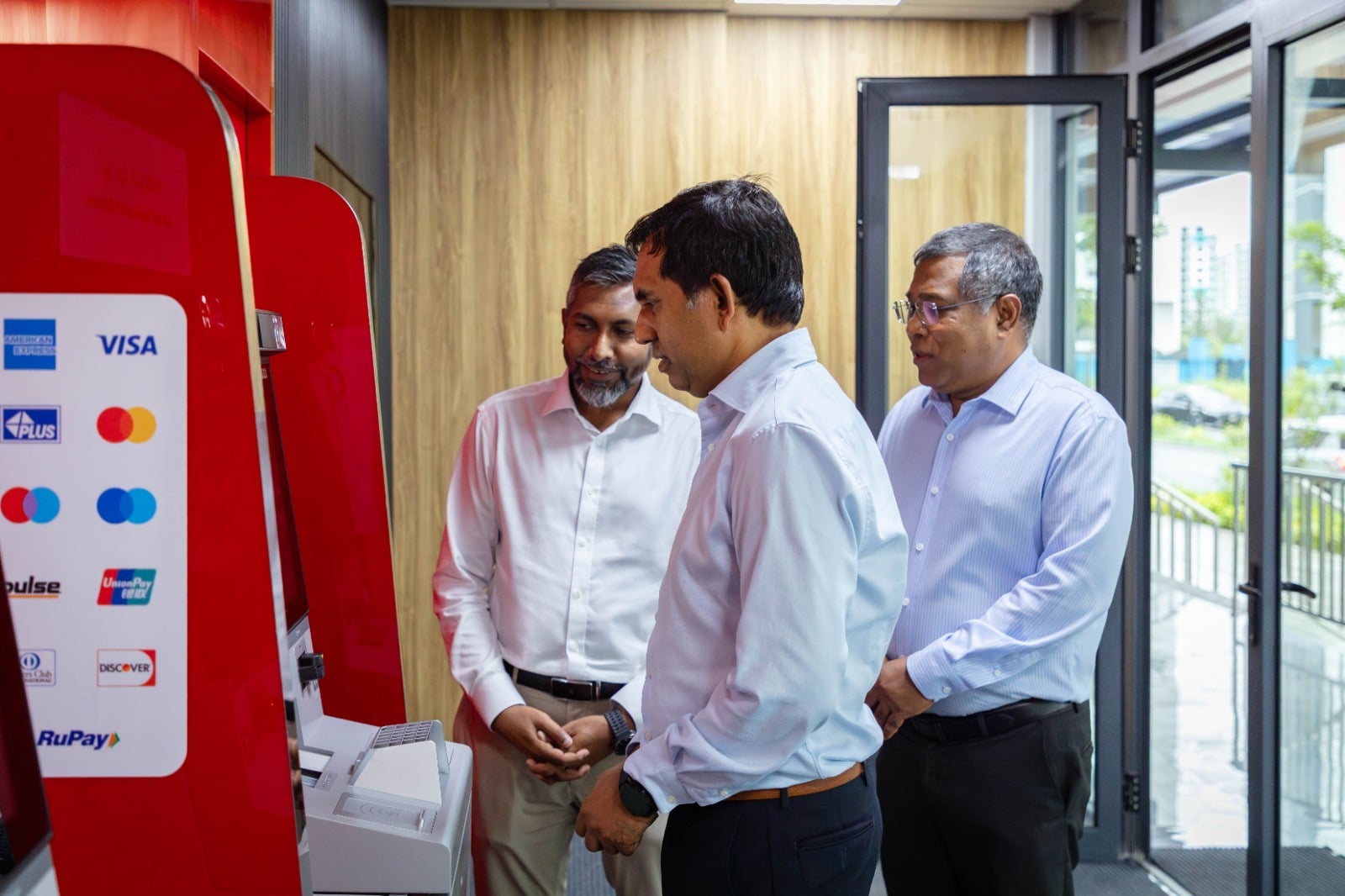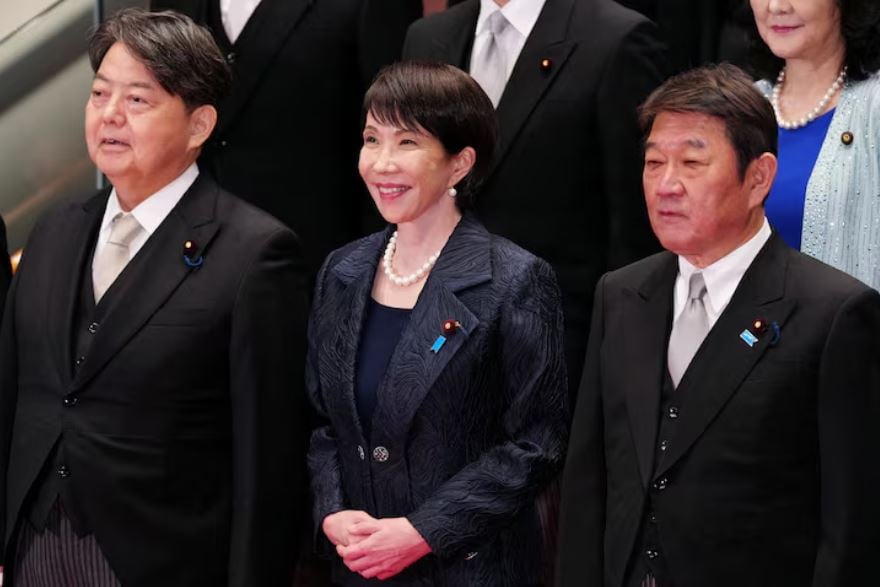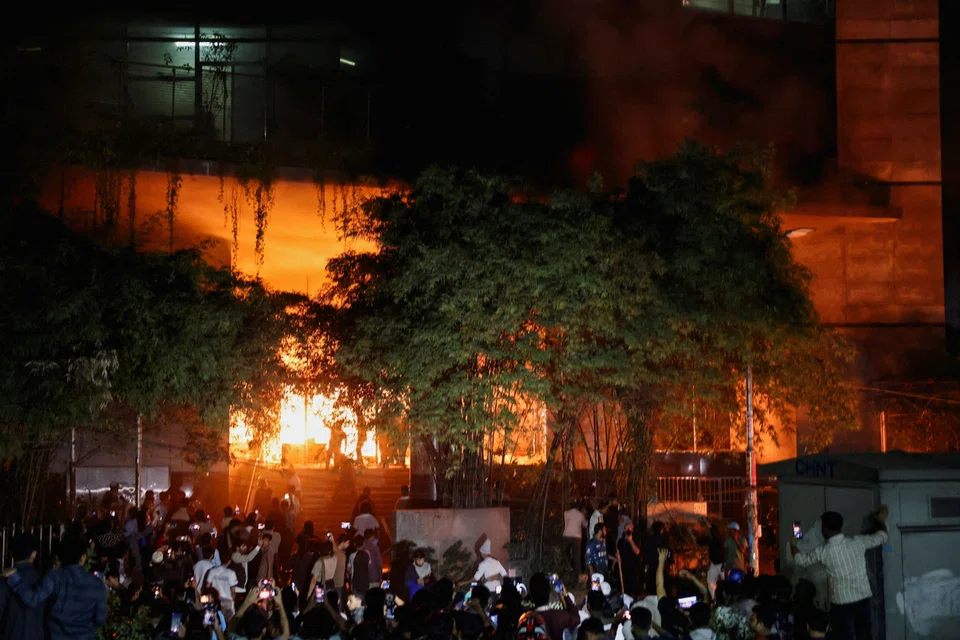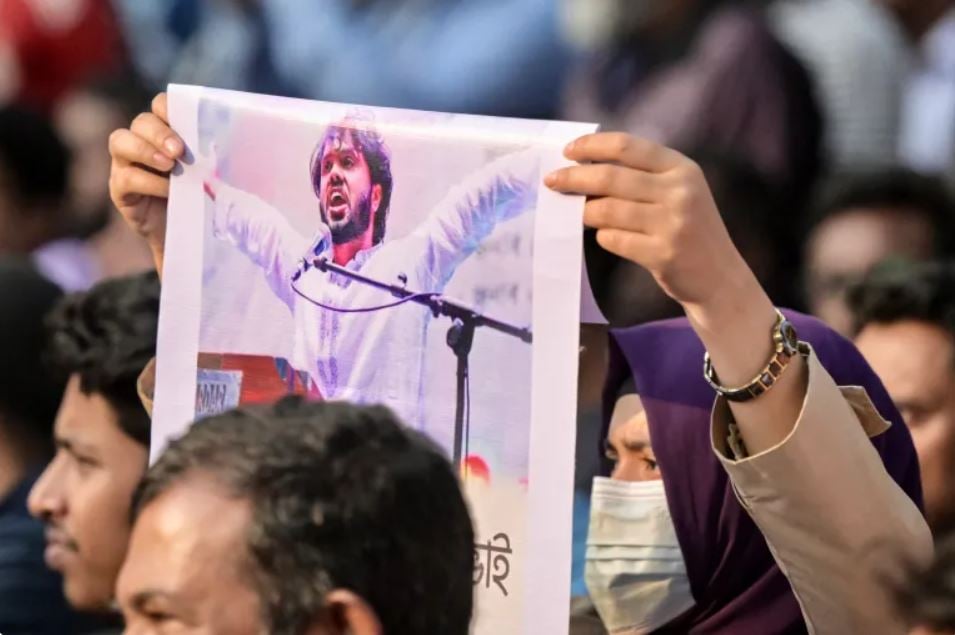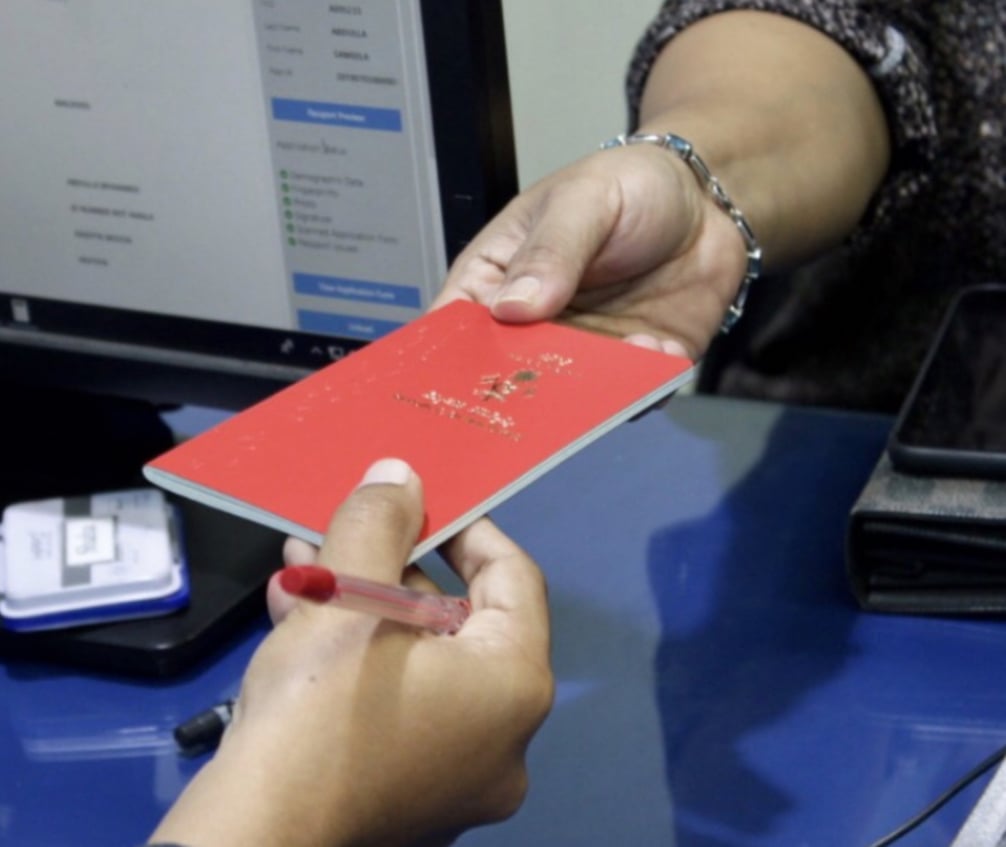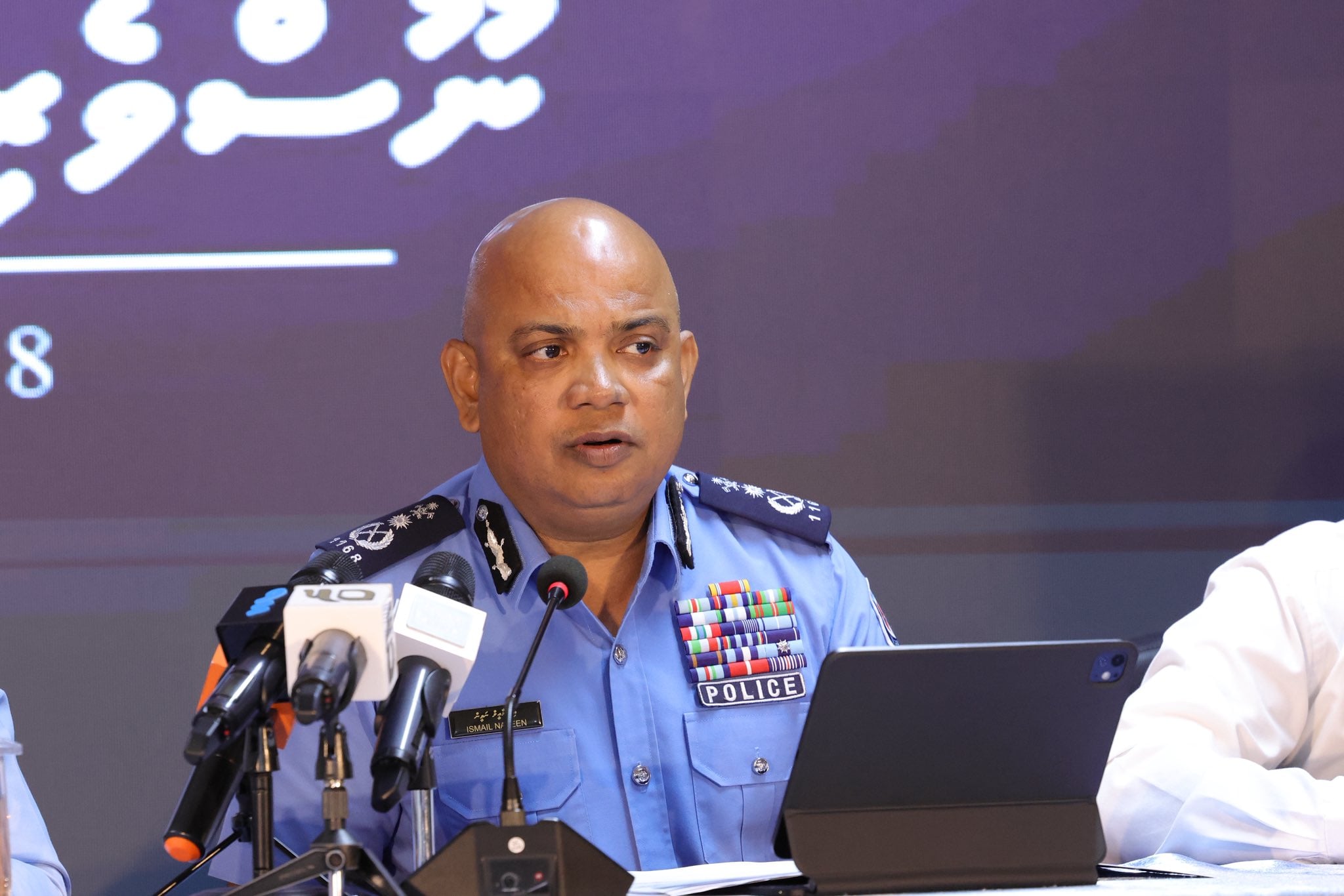Vice President Faisal Naseem urged all stakeholders within the criminal justice sector on Wednesday to proactively adapt to new methods and technologies, emphasising the significance of enhancing their endeavours to combat crime.
He made the statement while speaking at the inaugural session of the Criminal Justice Sector High-Level Conference in JEN Maldives.
The conference is held as part of the Data Management Project carried out by the Prosecutor General's Office in partnership with the United Nations Children's Fund (UNICEF) and the government of Australia. Speaking at the conference, the Vice President highlighted that criminals constantly evolve and adapt their methods to exploit new technologies, circumvent security measures, and take advantage of emerging trends. He emphasised that the Maldives' criminal justice system faces various challenges, including the unique remoteness and geography prevalent in the country.
The Vice President added that addressing the evolving tactics of criminals requires a proactive and multi-faceted approach by the criminal justice sector, including modernisation, collaboration and partnerships, training and education, and capacity building. He also highlighted the efforts by President Ibrahim Mohamed Solih and the administration to enhance and strengthen the criminal justice sector.
The Vice President also addressed the fundamental right of every citizen to a fair trial, emphasising the importance of ensuring a trial free from any form of discrimination. He further highlighted that the 2004 constitutional reforms aimed to promote the independent administration of criminal justice procedures as one of its primary objectives.
At the event, the Vice President officially launched the Criminal Justice Database, which would allow for more efficient data sharing among the stakeholders in the criminal justice sector, improve data practices, increase transparency and accuracy, and promote efficiency, enabling the community to serve better and protect the rights of every individual.
The conference would feature three sessions centred on international classification standards and challenges, adopting key performance indicators (KPIs), identifying challenges and solutions to coordination, and strategies for moving forward. The institutions attending the conference would also sign the Memoranda of Understanding on data sharing.
He made the statement while speaking at the inaugural session of the Criminal Justice Sector High-Level Conference in JEN Maldives.
The conference is held as part of the Data Management Project carried out by the Prosecutor General's Office in partnership with the United Nations Children's Fund (UNICEF) and the government of Australia. Speaking at the conference, the Vice President highlighted that criminals constantly evolve and adapt their methods to exploit new technologies, circumvent security measures, and take advantage of emerging trends. He emphasised that the Maldives' criminal justice system faces various challenges, including the unique remoteness and geography prevalent in the country.
The Vice President added that addressing the evolving tactics of criminals requires a proactive and multi-faceted approach by the criminal justice sector, including modernisation, collaboration and partnerships, training and education, and capacity building. He also highlighted the efforts by President Ibrahim Mohamed Solih and the administration to enhance and strengthen the criminal justice sector.
The Vice President also addressed the fundamental right of every citizen to a fair trial, emphasising the importance of ensuring a trial free from any form of discrimination. He further highlighted that the 2004 constitutional reforms aimed to promote the independent administration of criminal justice procedures as one of its primary objectives.
At the event, the Vice President officially launched the Criminal Justice Database, which would allow for more efficient data sharing among the stakeholders in the criminal justice sector, improve data practices, increase transparency and accuracy, and promote efficiency, enabling the community to serve better and protect the rights of every individual.
The conference would feature three sessions centred on international classification standards and challenges, adopting key performance indicators (KPIs), identifying challenges and solutions to coordination, and strategies for moving forward. The institutions attending the conference would also sign the Memoranda of Understanding on data sharing.





